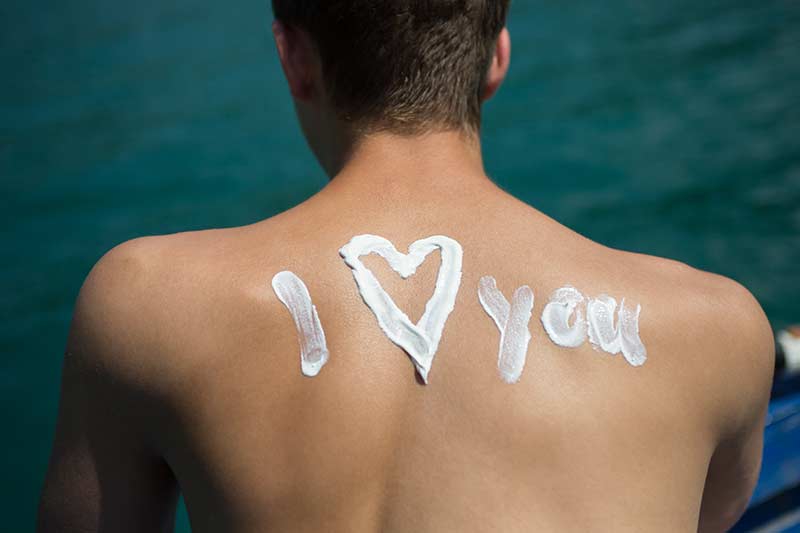Bonaire loves its reefs! Check your sunscreen for harmful ingredients before boarding your plane to Bonaire!
Bonaire’s Island Council unanimously approved a motion to ban sunscreen products containing Oxybenzone and Octinoxate.
Recent research indicates that chemical sunscreens harm the reefs.
There’s been quite some discussion in recent months about the damage to corals that sunscreen chemicals Oxybenzone and/or Octinoxate, commonly found in popular sunscreen products are doing on reefs around the world in popular tourism areas. On May 1st, 2018, the State of Hawaii (USA) enacted a landmark ban on these products, and now, a mere two weeks later, Bonaire has followed suit.
Bonaire will be Oxybenzone-free by January 1st, 2021.
In Tuesday evening’s Bonaire Island Council meeting (May 15th, 2018), a motion was unanimously ratified to prohibit all sunscreen products that contain Oxybenzone or Octinoxate by January 1st, 2021. It was also agreed to fast-track finding the best path to guarantee that the residents of Bonaire, along with its visiting tourists, can continue to enjoy the island’s underwater nature, while stimulating the economy and sustainability of Bonaire’s diving sector.
Always at the forefront of marine protection, Bonaire must now continue to be a world-leader in the protection of its coral. In recent months, scientists from Wageningen University (The Netherlands) have been researching the amounts of these chemicals in waters around Bonaire and, because of high concentrations of these chemicals found in popular seaside areas, this motion was presented to the Island Council. It is great news that it was approved.
It is hoped that other touristic island nations with sensitive coral reefs will continue with this effort. Coral reefs around the world are dealing with many stressors, and this is one that can be eliminated.
(Source: Extra)












